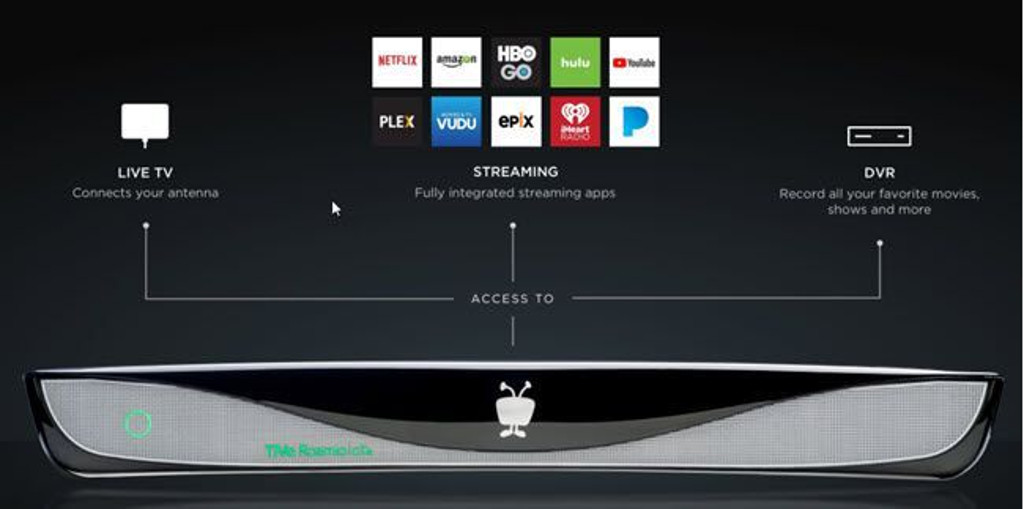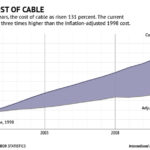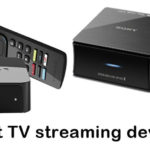One question I often get about cord cutting is whether it’s possible to record streaming video as you can with cable or over-the-air television.
Study the type of DVR service you will get
This might seem like a straightforward question, but the answer is complicated. Some streaming services do offer DVR, but with restrictions that don’t apply to cable. Others, such as Netflix, don’t allow you to record shows, but offer all their content on demand anyway. And while a workaround exists for streaming services that don’t offer DVR, this brings its own set of trade-offs.
In the interest of having an article to reference whenever someone asks me about streaming DVR in the future, here’s a rundown of all your options:
DVR for live TV streaming
If we’re talking about live TV streaming services—that is, those that provide a bundle of cable channels over the internet—then yes, DVR is available with all of them. Instead of saving shows to your device, these services store their recordings in the cloud, so you can access them from anywhere. Still, not all services have the same idea of what an online DVR should be.
Dish Network Sling TV
Sling TV, Hulu with Live TV, and FuboTV all take an approach that’s similar to cable: You get a certain number of recording hours, and those recordings are stored indefinitely. Sling TV (which charges $5 per month extra for its DVR) and Hulu each provide 50 hours of recording time, while Fubo provides 30 hours. You can also upgrade Hulu’s DVR to 200 hours for $15 per month, and FuboTV to 500 hours for $10 per month.
YouTube TV, PlayStation Vue, and Philo approach streaming DVR differently. They allow you to record a practically unlimited number of programs, but you can only store them for a limited time. YouTube TV saves shows the longest, at nine months, while PlayStation Vue and Philo store programs for 28 days and 30 days respectively.
DirecTV Now is the only live TV streaming service that includes both kinds of restrictions. It allows only 20 hours of recordings, and it deletes them after 30 days. (A $10-per-month upgrade to 100 hours and nine months of storage will arrive this summer.)





